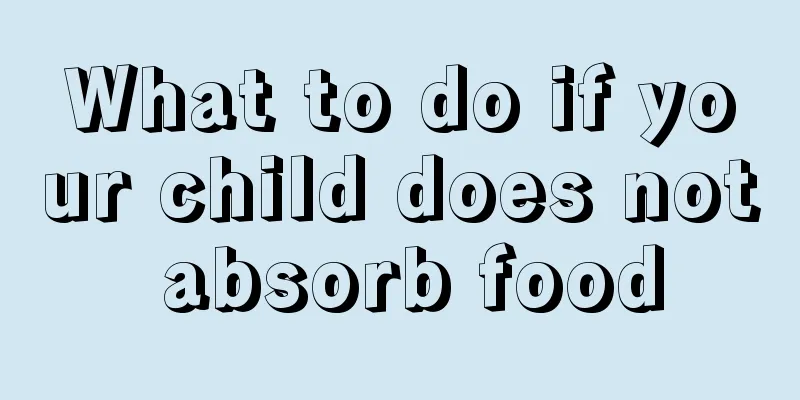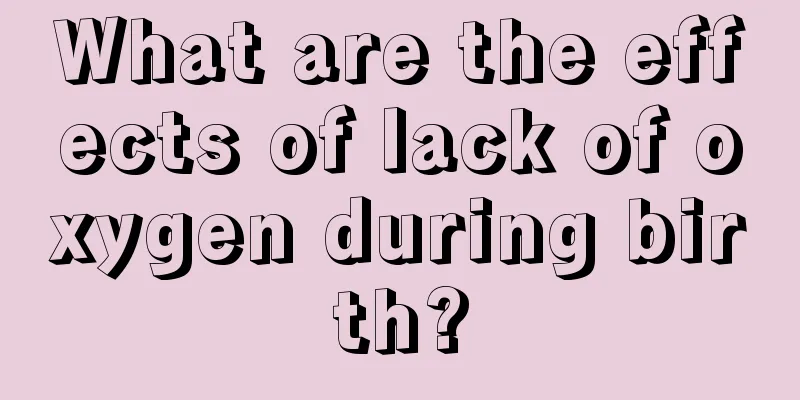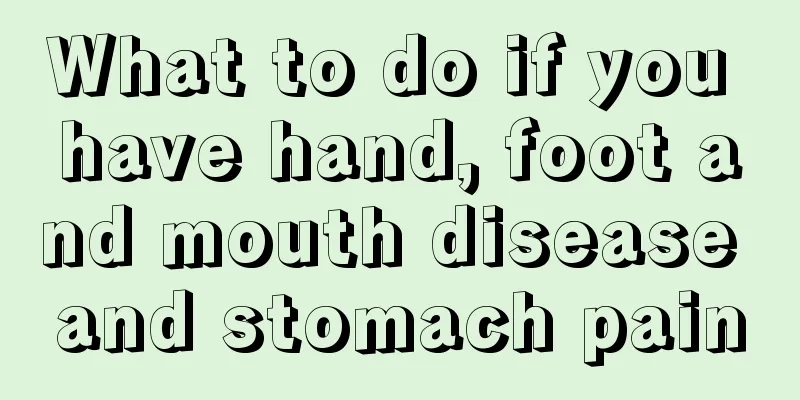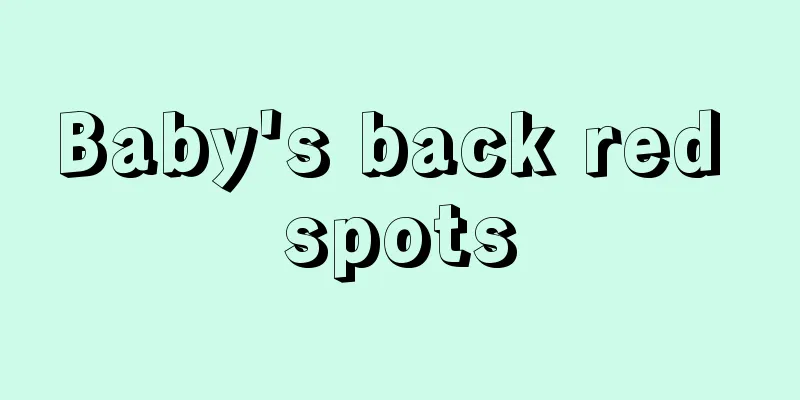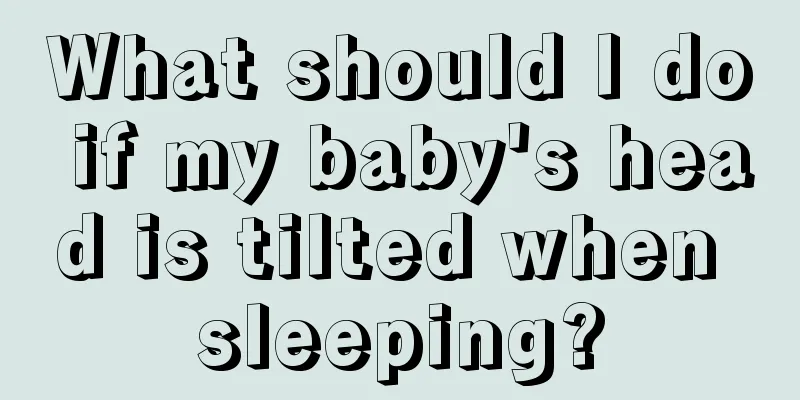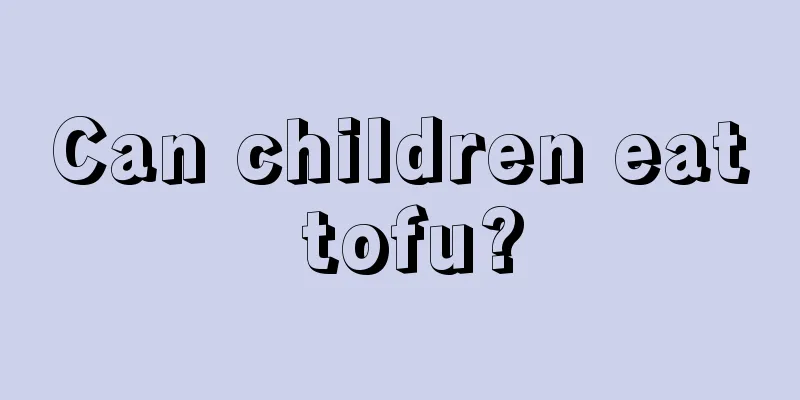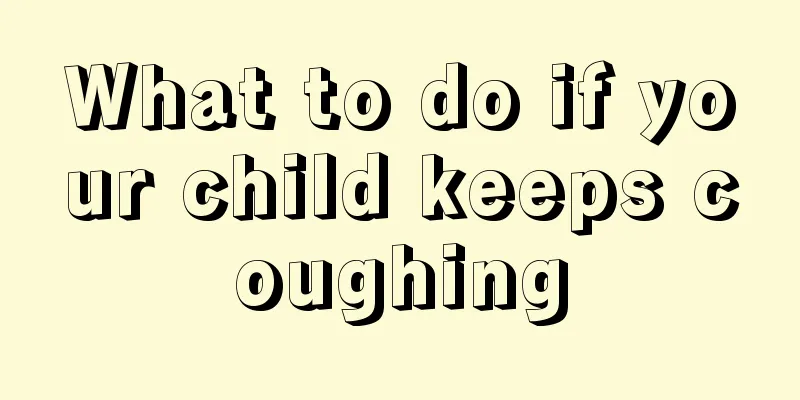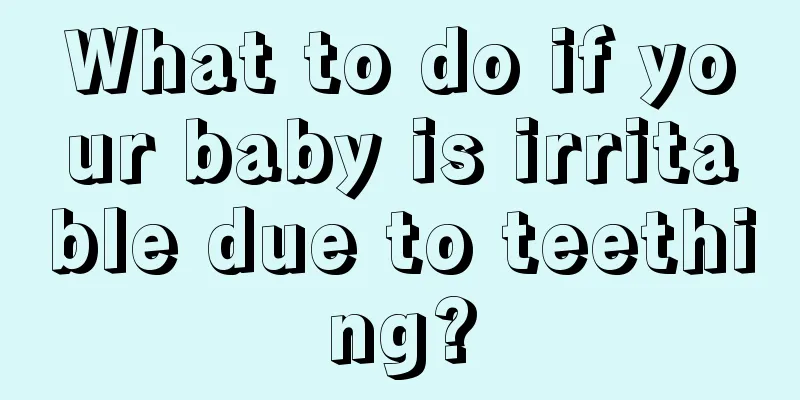What medicine should children take for dry cough
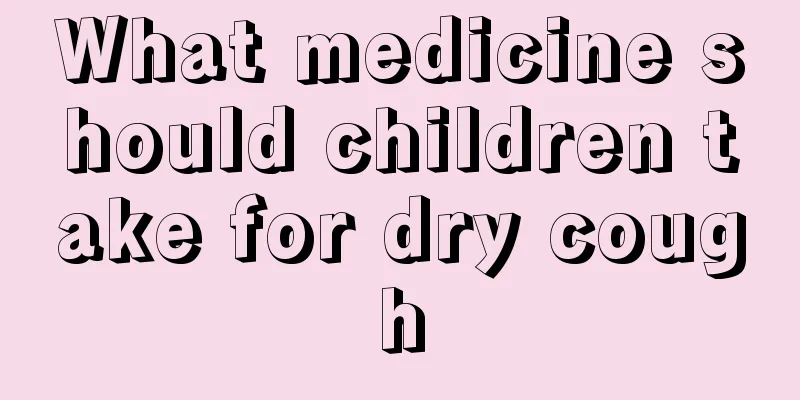
|
Children are more susceptible to illness than adults and have poorer resistance to viruses, among which colds and coughs are common. However, children sometimes have dry coughs, which may be a symptom of bronchitis. They always cough but have no phlegm, and they cough while eating and sleeping. This kind of coughing has a great impact on the baby's life. Not only does it make it difficult to eat, but it also affects sleep. It has a great impact on the child's physical development and mental state. Once discovered, it should be dealt with in time, otherwise it may cause more serious phenomena and even affect the child's voice. Here we will introduce what medicine to take for children's dry cough. It is best not to take western medicine for children with cough. If they have long-term dry cough, they should pay attention to whether they have cough variant asthma, tuberculosis, Mycoplasma pneumoniae infection, etc. Of course, you have to first exclude common reasons such as living environment and whether the weather is dry. Suggestions: Here is a folk remedy: Use Fritillaria cirrhosa and steamed pears with rock sugar and give it to children. It has no side effects and should be effective if taken for three consecutive days. Use amoxicillin and clavulanate potassium granules to reduce inflammation, and use children's cough syrup to treat cough and sputum. These two drugs are specially designed for children. They have good efficacy, few side effects, and are easy for children to accept. Misconceptions about treating dry cough in children: Myth 1: Use cough suppressants when children have a cough Unlike adults, 70% to 80% of children's coughs are accompanied by phlegm, and their respiratory systems are not fully developed. They cannot cough up phlegm as effectively as adults, and phlegm is easily retained. If cough suppressants are given as soon as a cough occurs, the cough will be stopped, but the suppressed cough will make it more difficult to expel phlegm, which will result in blockage of the respiratory tract, which will not only aggravate the cough but also easily lead to lung infection, causing more serious diseases such as pneumonia. Therefore, children's cough should be treated with expectorant in the early stages. The cough will naturally ease after the sputum is eliminated. Myth 2: There is no direct correlation between children’s cough and nasal congestion and runny nose Children often have symptoms of nasal congestion and runny nose when they cough, but parents often only treat the symptoms of coughing, not knowing that nasal congestion and runny nose are also the main causes of children's coughing. Therefore, when choosing children's cough medicine, compound preparations containing the decongestant pseudoephedrine can not only relieve nasal congestion and runny nose, but also help relieve cough symptoms. Myth 3: Children with cough should first take anti-inflammatory drugs Many parents believe that children’s cough is caused by inflammation of the respiratory tract, so they must use anti-inflammatory drugs when their children cough, which will have many adverse effects on children. Children's cough is not only caused by inflammatory stimulation after respiratory tract infection, but also by allergies, smoke, and foreign body stimulation. If the symptoms are not treated correctly, taking anti-inflammatory drugs will not help treat coughs, and will often cause toxic side effects on the gastrointestinal tract and kidneys. Myth 4: Children can use adult cough medicine for cough Some parents mistakenly believe that simply halving the dosage or reducing the dosage will suffice, but this practice is very harmful. Children and adults not only differ in weight, but also in many other physiological and pathological aspects. For example, some children cannot use oral preparations because their swallowing function has not yet fully developed. Some drug ingredients that can be used in adults are prone to adverse reactions when used in children because their liver, kidney and other organs are not fully developed, their enzyme system is not fully developed, and their ability to metabolize drugs is poor. Therefore, children with cough should choose expectorant and cough suppressant designed specifically for children, which is particularly suitable for early and middle-stage children with cough with phlegm. It has a dual mechanism that can directly attack the cause of cough: it can both expectorate and relieve cough, such as Aishu. Myth 5: Children use Chinese medicine to relieve cough, and there are few side effects Some parents think that Chinese medicine has few side effects, so they give it to their children just because their baby has a cough. This can cause unexpected consequences. Traditional Chinese medicine believes that there are many conditions that can cause coughs. Wind-cold, phlegm-dampness, physical weakness, etc. can all cause coughs in children. However, children's coughs are more difficult to diagnose than those in adults, and their body's tolerance is also worse than that of adults. If children with wind-cold use cold medicines, it will aggravate the condition and become out of control. Chinese medicine also has adverse reactions, so children should not take Chinese medicine casually when they have cough. Myth 6: Coughing is common in children and will go away with just coughing Coughing is a very common symptom for children. However, most coughs are caused by illness or are signals of certain diseases. In particular, children's respiratory systems are very immature, and there is no way to effectively cough up phlegm when there is phlegm. Phlegm retained in the respiratory tract not only aggravates inflammation and coughing, but also easily spreads bacteria to other parts of the lungs, aggravating the condition or causing complications. Therefore, if children have a cough, the cause should be found out and treated in time. |
<<: What medicine should children take for pharyngitis and cough
>>: What medicine should children take for constipation
Recommend
Treatment of external auditory canal eczema in infants
Problems such as infant external auditory canal e...
Why does my baby have phlegm in his throat when feeding?
The baby's physical health is a very importan...
16What are the symptoms of growing pains in adolescents?
Growing pains are a phenomenon that every teenage...
What's wrong with the two-year-old baby's nails having white spots?
Many people believe that the condition of nails r...
What to do if your hands peel due to scarlet fever
People with scarlet fever are prone to peeling sy...
What should I do if my child has diarrhea and vomiting in autumn?
When autumn comes, we will see many patients with...
What causes forehead pain in children?
Forehead pain in children is also a very common p...
What to do if your child has leg cramps
Children always like to run and jump around, so t...
What to do if your child has swollen tonsils and snores
Snoring, also known as sleep apnea syndrome, affe...
What should I do if my baby has a high fever and convulsions?
Babies who are not in good physical condition are...
What are the symptoms of abdominal bloating in newborns?
It is quite common for newborns to have bloating....
Baby weight gain pattern
When children are young, parents like to compare ...
Caring for autistic children should start from these
Every child is an angel in the family, especially...
Why does my baby vomit in the middle of the night?
Parents with children at home will always be worr...
What to do if a child has rashes on his face
If you have ringworm on your face, you will feel ...
